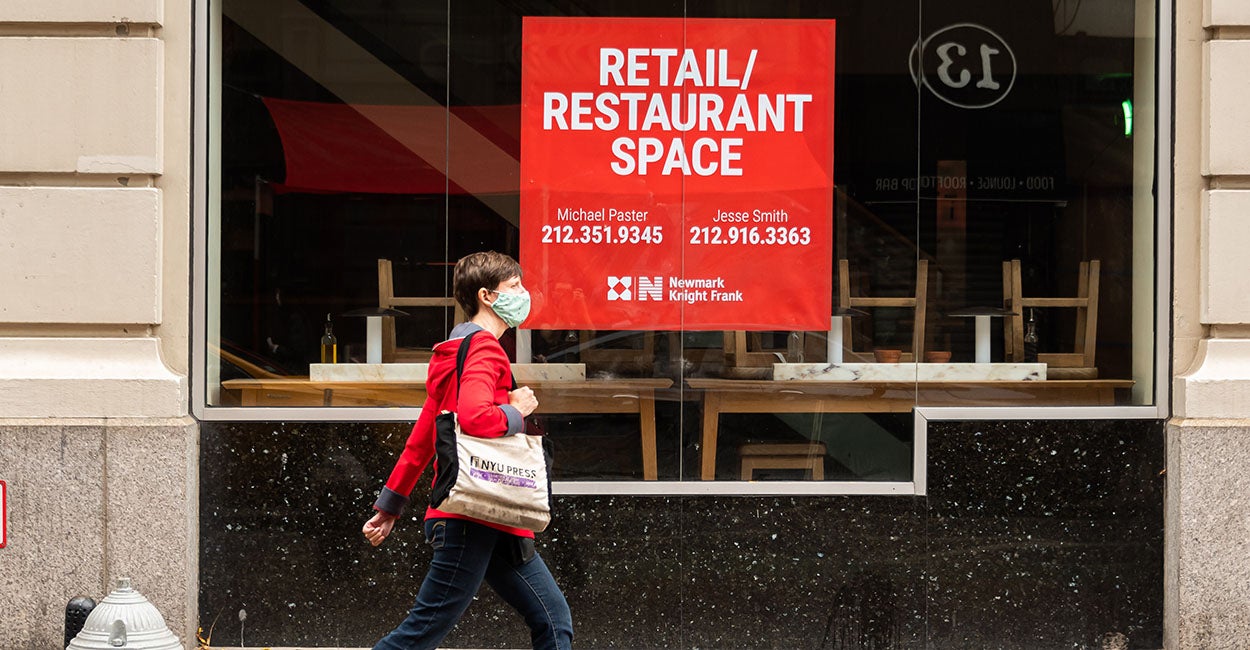As someone who grew up in poverty and worked much of her career to help others out of it, I know the importance of having a good job with a good income. It’s a way out of poverty for many. It allows people to provide for their families. And we all know the sense of dignity that comes from being able to support oneself.
However, both economics and experience show us that Congress’ newest proposal to more than double the minimum wage from $7.25 to $15 an hour won’t create good incomes but would instead hurt the very people it’s intended to help. There are better ways to increase people’s wages that don’t create destruction in the process.
For starters, the nonpartisan Congressional Budget Office reports that a $15 an hour minimum wage increase would cost 1.4 million to 2.7 million jobs.
The Daily Signal depends on the support of readers like you. Donate now
The report shows that while some employees would certainly make more money, many of their colleagues would pay for it with cuts to their work hours and even the loss of their jobs.
That’s because when businesses are forced to pay employees more with no corresponding increase in revenues to help pay for it, they have to resort to some combination of cutting employees’ hours, laying off employees, replacing employees with automation, shipping jobs overseas, permanently closing their doors, or passing the costs onto customers. We’ve already seen this happen when states and localities have raised the minimum wage on their own.
Most of the time, the cost of a higher minimum wage can’t be entirely passed onto customers, as many customers refuse to pay—or aren’t able to afford—higher prices and end up buying less of what the business is selling. That leads to more hours cut, more layoffs, and more employers—especially small businesses—shutting their doors for good.
Betsy LeRoy, a Delaware restaurant owner and supporter of President Joe Biden, recently told The Heritage Foundation about the real-world consequences businesses face.
She said that if she had to pay every entry-level worker $15, their incomes would be too close to people who had been working for her for three or four years and had more experience. As a result, she would have to raise her current employees’ wages even more to make it fair.
But where would that money come from? Especially now during COVID-19 with dining restrictions and fewer customers, it’s hard for restaurants to pay the people they already have.
>>> What’s the best way for America to reopen and return to business? The National Coronavirus Recovery Commission, a project of The Heritage Foundation, assembled America’s top thinkers to figure that out. So far, it has made more than 260 recommendations. Learn more here.
Government-imposed minimum wage increases are a bad idea to begin with, and they’re made worse when businesses are already struggling with COVID-19’s economic devastation. A minimum wage increase could push many hard-hit businesses out of business—then you’ll have a lot of former employees making $0 an hour.
Heritage Foundation research fellow Rachel Greszler recently pointed out another unintended consequence of a minimum wage increase.
She analyzed the effect on child care costs and found that a $15 minimum wage would force many child care providers to pass on the costs to parents, increasing prices by an average of 21%, or $3,728 a year, for families with two children.
That would make child care entirely unaffordable for many. In some states, parents could see increases of up to 43%—or more than $6,000 a year.
While we know how beneficial it is for children to have one parent at home until they’re school-aged, the reality is that staying home is not an option for many poor and working-class folks and single parents, and raising the cost of child care only makes an already difficult situation even harder.
Rather than creating destructive consequences like these with a $15 minimum wage, politicians should look at policies that help create real income gains. They include expanding education and job training so people can gain more valuable skills that they can use to work their way up the ladder and eventually make more than the minimum wage.
Such policies also include reducing unnecessary government regulations that cost businesses considerable money to follow, freeing up that money so they can pay their employees more or invest in growing their businesses, ultimately creating more jobs and higher wages.
And they include reforming onerous occupational licensing requirements to make it easier for people to get jobs as landscapers, barbers, cosmetologists, and other skilled occupations.
While licensing can offer some protections for consumers, it often requires unnecessary training, lengthy delays, and high fees that prevent people from starting a new career.
Having a good-paying job is an important part of the formula for achieving the American dream. But good pay can’t be artificially created by government. It results in unintended consequences, and the people who should be most helped are often the most harmed.
Instead of imposing more heavy-handed government mandates, our leaders should focus their efforts on removing government-created barriers to work and higher wages.
Originally published by The Washington Times
Have an opinion about this article? To sound off, please email letters@DailySignal.com and we will consider publishing your remarks in our regular “We Hear You” feature.





























